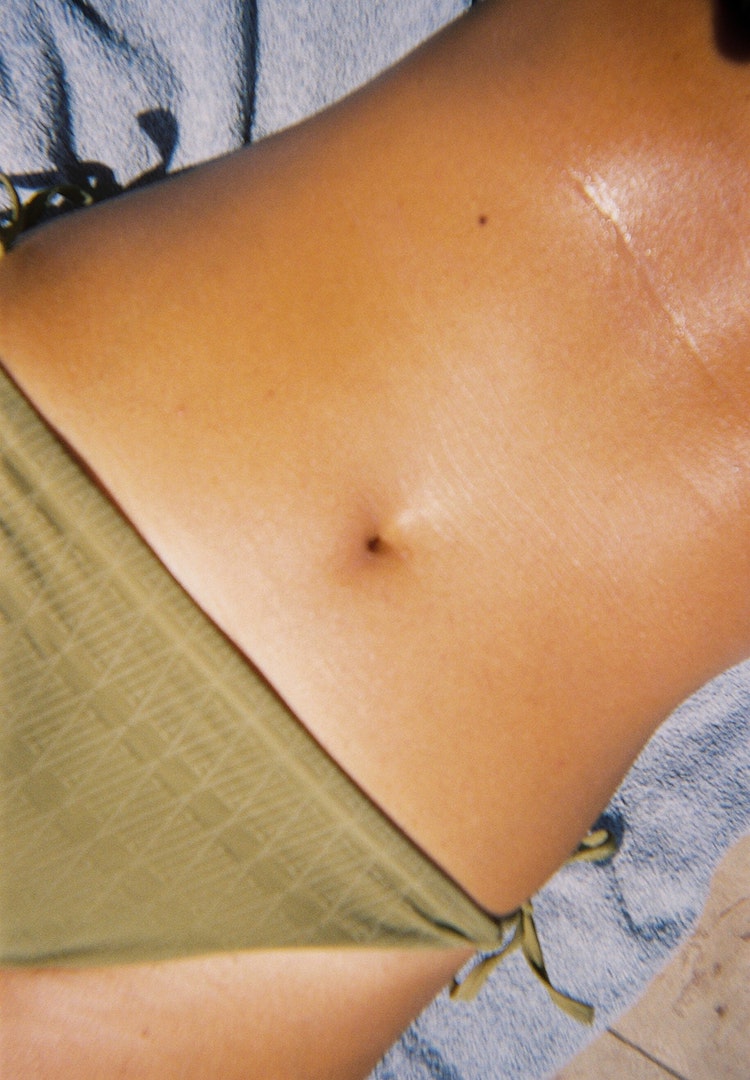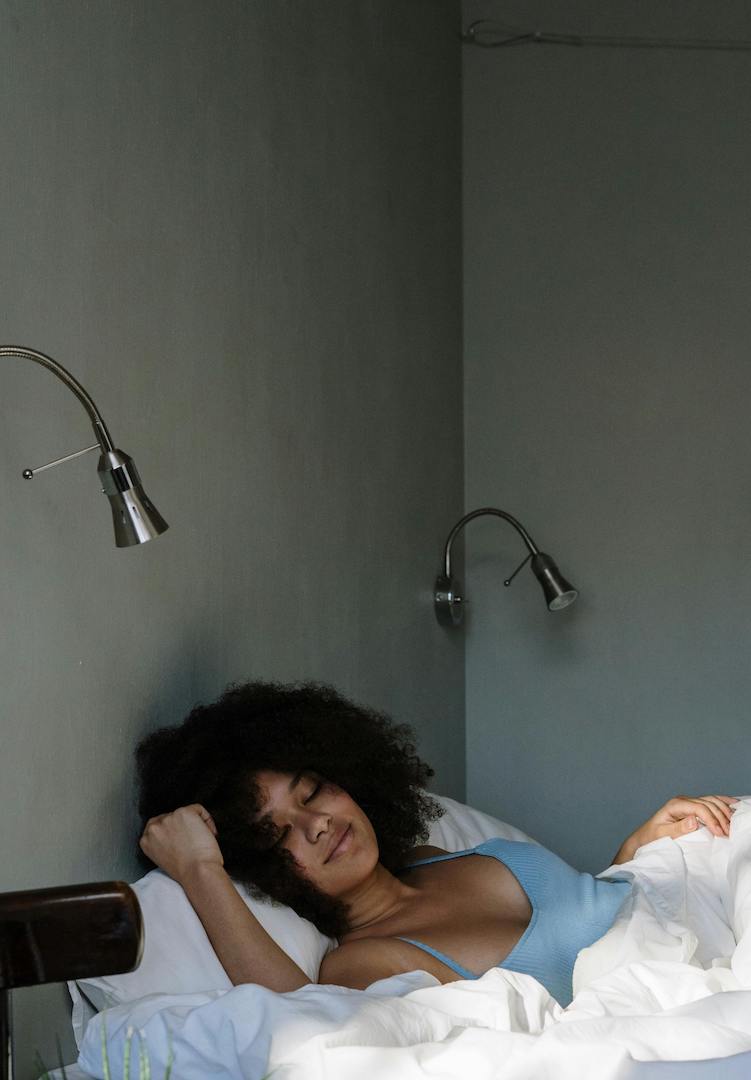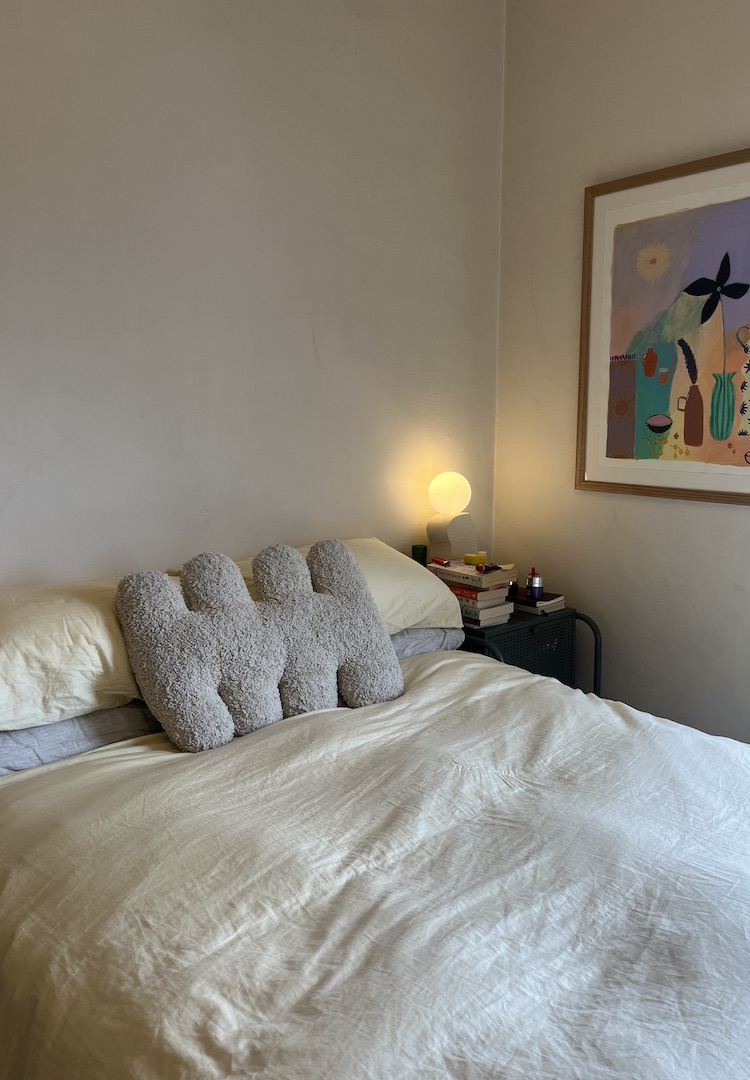What is mouth taping and can it improve your sleep?
WORDS BY KAYA MARTIN
Zip those lips.
There’s nothing that gets the internet more jazzed up than a seemingly effortless wellness hack. When videos started circulating about mouth taping – using tape to physically keep your mouth shut while you sleep – it seemed like another quirky-but-plausible addition to the modern wellness canon.
For more wellness advice, head on over to our Health section.
Does it sound real? Not really. Are we interested anyway? Of course. If something as simple as a piece of tape could have the ability to transform our sleep and change our lives, well then, that sounds pretty good. But is it legit, or just another myth?
What are the benefits of mouth taping?
The argument is as follows: taping your mouth shut during the night will force you to breathe through the nose, which is allegedly healthier. It’s been lauded for its ability to prevent snoring, fix bad breath, boost immunity, improve sleep and even cause weight loss. As an added bonus, it’ll help ensure those eight spiders a year don’t sneak on in.
It turns out there actually may be some validity to the whole nose-breathing thing. When you inhale through your mouth, bacteria, allergens and debris enters directly into your body (yuck), but when you inhale through your nose, the nasal cavities and little hairs help to filter it out. Your nose also helps humidify the air and create nitric oxide, which can improve oxygen circulation in your body.
Breathing through your mouth all the time can also dry it out, which could lead to gum inflammation, asthma and sleep apnea. As for nose breathing leading to weight loss, well, that comes in a round-a-bout way. There are a number of studies that link poor sleep habits with weight gain.
When the body is running on minimal sleep, it has difficulty balancing appetite-regulating hormones, leading to cravings and overeating. So if mouth taping helps improve your sleep and get you up to the sweet spot of seven to nine hours a night, it could help you lose weight as well.
Is mouth taping the best way to fix your breathing?
According to many medical professionals, probably not. While taping will force you to breathe through your nose, that’s not always a good thing. Ultimately, the only scientifically-proven benefit of mouth taping so far is slightly lessening snoring for those who suffer from mild sleep apnea. Although there may be other benefits that aren’t yet proven, it might not be worth the risk.
Our bodies have two methods of breathing for a reason – if one gets blocked, there’s always a plan B. When you tape up your mouth, it leaves you vulnerable to a lack of oxygen, especially if you have a deviated septum or a cold. If your nose gets blocked at any point during the night, you may be left struggling for air.
In a fun contradiction, mouth taping may actually lead to a worse quality of sleep due as it can cause anxiety and make you generally uncomfortable. It can also cause chapped lips and pain when the tape comes off (especially for those with facial hair or sensitive skin).
It becomes especially dangerous if you throw up or have acid reflux during the night, which might lead the fluid to reroute into your lungs. Because of this, until mouth taping is more thoroughly tested, getting to the root of your sleeping problems and finding a more tried-and-true method of solving them is recommended.
Using nose strips can help open your nasal passageways, increasing airflow for those who snore. Those looking to improve their sleep quality could always try the classics: turning off screens an hour before bed, following a nightly routine, making sure the bedroom is completely dark, exercising and avoiding caffeine. Is mouth taping the sleep cure-all some say it is? It’s yet to be seen. And unlike infrared saunas, ice baths and kegels, it might be more trouble than it’s worth.
For more on mouth taping, head here.










